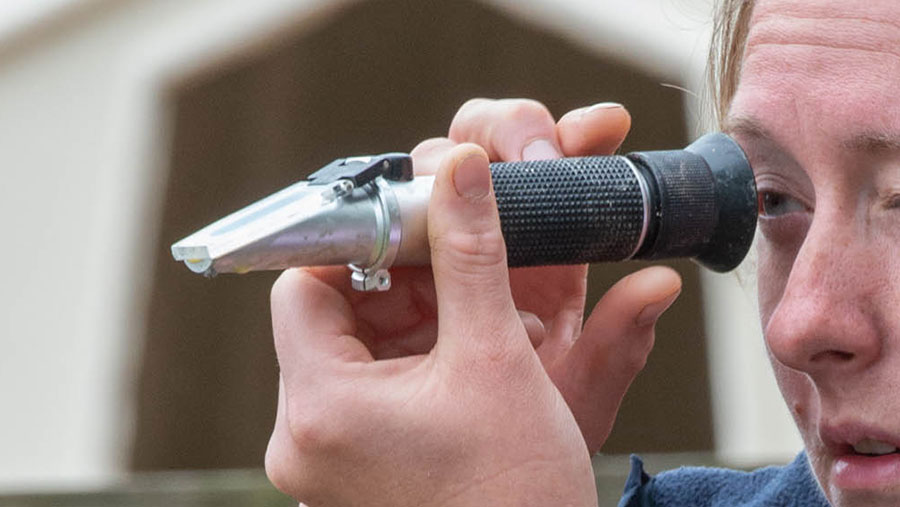Vet Viewpoint: Winter housing, health checks and colostrum
 © Billypix
© Billypix Winter housing preparations and health checks for stock bought at autumn sales are the main talking points among XL Vets this month.
There is also a strong emphasis on the importance of good colostrum management as autumn calving continues.
Blood-sampling calves to measure protein levels can help you understand how well your colostrum programme is working, says Tom Kemmish.
As the autumn sales commence, Charlotte Watkins reminds farmers about the importance of good quarantine procedures.
And Andy Cant has a handy tip for staying on top of vaccination.
See also: Vet Viewpoint: Lungworm, health plans and biosecurity
Tony Kemmish, St Boniface Farm Vets, Crediton, Devon

Tony Kemmish
As summer seems a distant memory and the rain now relentless, the management of dairy calves has become a regular topic of discussion on farm.
It is good to see so many clients now regularly checking the quality of colostrum using either a colostrometer or, even more accurately, a Brix refractometer.
We often blood-sample calves at routine fertility visits to monitor colostrum quality and intake.
This allows a simple test to be performed back at the practice to check total protein levels in the blood.
Within a few minutes we have a good understanding of the disease protection the calf has gained from the colostrum.
These checks are cost-effective, but they are only useful if problems are followed up. As the season changes, concentrating on those first hours and days of a calf’s life will always pay dividends.
Dr Charlotte Watkins, Belmont Farm and Equine Vets, Hereford, Herefordshire

Charlotte Watkins
Prior preparation prevents poor performance – as the adage goes.
Autumn sees farmers invest in some great new stock, but incoming animals should be quarantined to prevent costly future problems.
Many diseases are now commonplace and if you don’t have it, you don’t want to introduce it.
Developing a bespoke quarantine protocol, with your vet, is the best way to minimise the risk that new additions may present to the health status of your home flock.
At ram sales, orf lesions can result in all tups from that farm getting rejected, despite the virus already being present on many UK farms and managed through vaccination.
But often it is the problems that the eye can’t see which are the most important to steer clear of.
All too often farmers become fixated on obvious but innocuous problems, yet other, more serious diseases go unnoticed until they raise their ugly head later.
Andy Cant, Northvet Veterinary Group, Kirkwall, Orkney

Andy Cant
At this time of year in Orkney, it’s all change for the livestock.
A lot of youngstock are sold and get shipped down to Aberdeenshire.
For cattle staying in Orkney, housing is not far away and our main topics of conversation are around worming and fluke treatments, as well as vaccination protocols.
With all the different brand names and combinations, it’s really important not to get confused. A health plan detailing it all on a calendar can be very useful.
Trimming up bulls’ feet for the long stand over the winter is also keeping us busy now as they come in.
Getting the feet balanced allows the bull to stand naturally and reduces stresses and strains. Bull pens which are safe, with a comfortable bedding surface and room to exercise, are another worthwhile investment.
